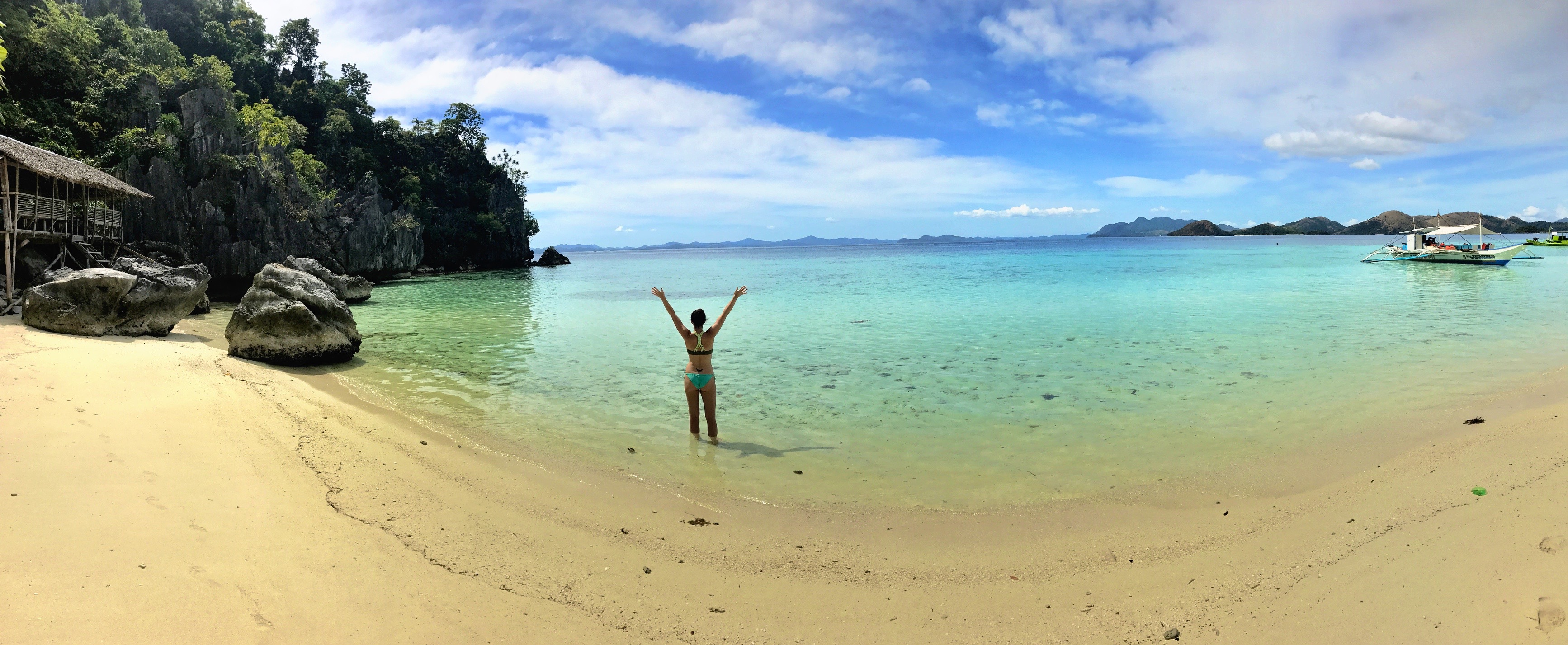Traveling is one of life’s most enriching experiences, but popular destinations often become overwhelmed with tourists during peak seasons. If you’re looking to enjoy a more peaceful, authentic, and budget-friendly adventure, off-season travel is the perfect solution. By choosing to explore the world without the crowds, you can experience destinations in a unique way while avoiding the hustle and high prices of peak travel times.
In this article, we’ll dive into why off-season travel is a smart choice and how knowledge about timing, planning, and local conditions can help you make the most of your trip.
Why Choose Off-Season Travel?

Traveling off-season offers several compelling advantages:
- Fewer Crowds: Enjoy popular sights, beaches, and attractions without long lines or packed spaces.
- Lower Costs: Accommodation, flights, and tours are often significantly cheaper.
- Authentic Experiences: Engage more deeply with local culture and everyday life.
- Better Service: With fewer tourists, service tends to be more personalized and attentive.
These benefits combine to create a richer and more relaxed living experience while exploring new places.
Understanding Off-Season: What Does It Mean?
Off-season refers to the period when a destination experiences less tourist activity, often due to weather, holidays, or local events. This varies widely depending on the location:
- Beach resorts may have off-seasons during colder or rainy months.
- Ski destinations peak in winter but are quieter in summer.
- Cultural hotspots may have off-peak times aligned with school terms or local festivals.
Gaining knowledge about these patterns helps you choose the best time to visit your desired destination.
How to Plan Your Off-Season Travel
1. Research Destination-Specific Seasons
Start by researching the climate, weather patterns, and tourism trends of your destination. For example:
- Southern Europe’s off-season is typically late fall and winter.
- Southeast Asia’s rainy season is often considered off-peak.
- Caribbean islands have quieter months outside of winter holidays.
This knowledge allows you to avoid bad weather while still benefiting from lower crowds.
2. Check Local Events and Holidays
Sometimes, off-season travel coincides with local festivals or holidays that can enhance your experience. Alternatively, avoid times when locals travel heavily, which might reduce availability or increase prices.
3. Be Flexible with Travel Dates
Flexibility is key to off-season travel. Mid-week flights and accommodation often offer the best deals. Use fare comparison tools and alerts to find the lowest prices.
4. Pack Smart and Prepare for Weather
Off-season travel may involve unpredictable weather. Pack versatile clothing and gear to stay comfortable. Knowledge of local conditions helps you plan activities accordingly.
Tips for Enjoying Off-Season Travel to the Fullest
- Engage with Locals: With fewer tourists around, it’s easier to connect with residents and gain insider tips.
- Explore Hidden Gems: Off-season is a great time to discover lesser-known attractions.
- Take Advantage of Discounts: Many hotels and tour operators offer special packages during off-peak times.
- Stay Longer: Lower costs may allow you to extend your trip and immerse yourself more fully.
Potential Challenges and How to Overcome Them
While off-season travel has many perks, some challenges include:
- Weather Variability: Research and plan indoor or alternative activities.
- Limited Services: Some attractions or restaurants may close; confirm availability in advance.
- Shorter Daylight Hours: Plan your sightseeing accordingly.
Being informed and prepared ensures that these challenges don’t dampen your adventure.
Final Thoughts: Embrace Off-Season Travel for a Unique Experience
Choosing to travel during the off-season is a savvy way to explore the world without the crowds. With the right knowledge and planning, you can enjoy authentic experiences, save money, and create unforgettable memories in a more relaxed setting.
If you want personalized advice on the best off-season destinations or tips for planning your next trip, feel free to ask!